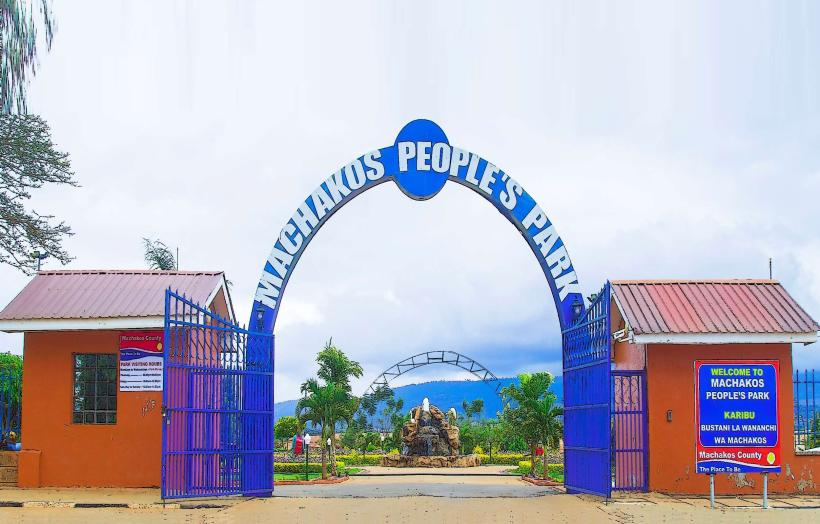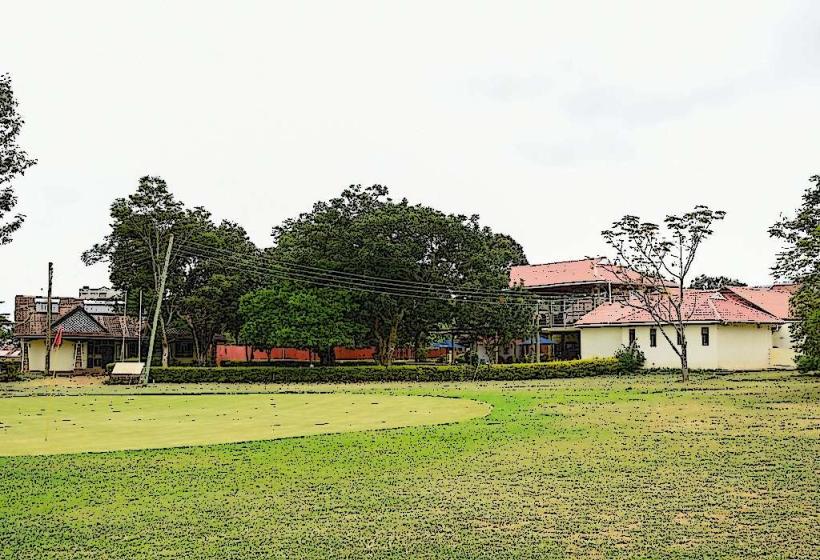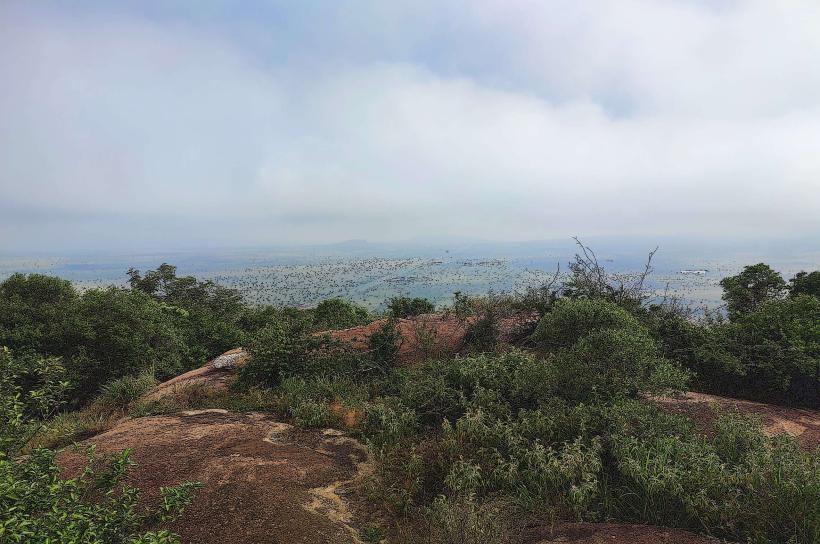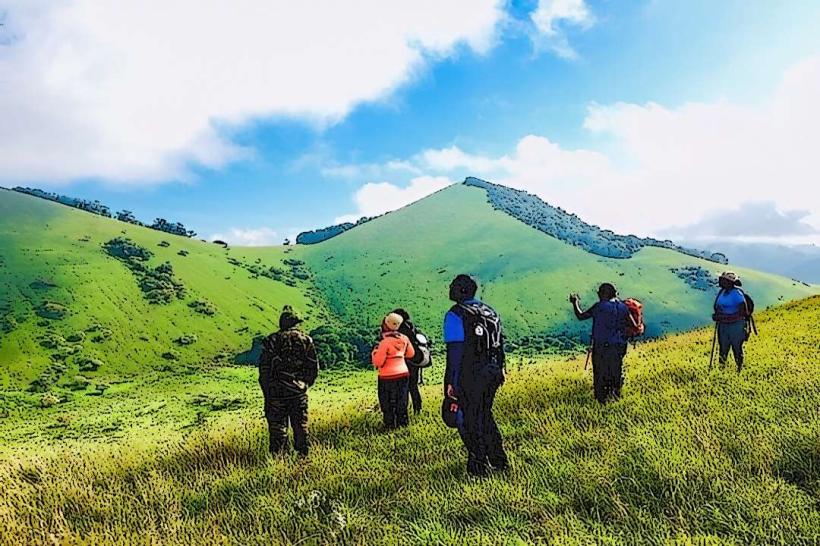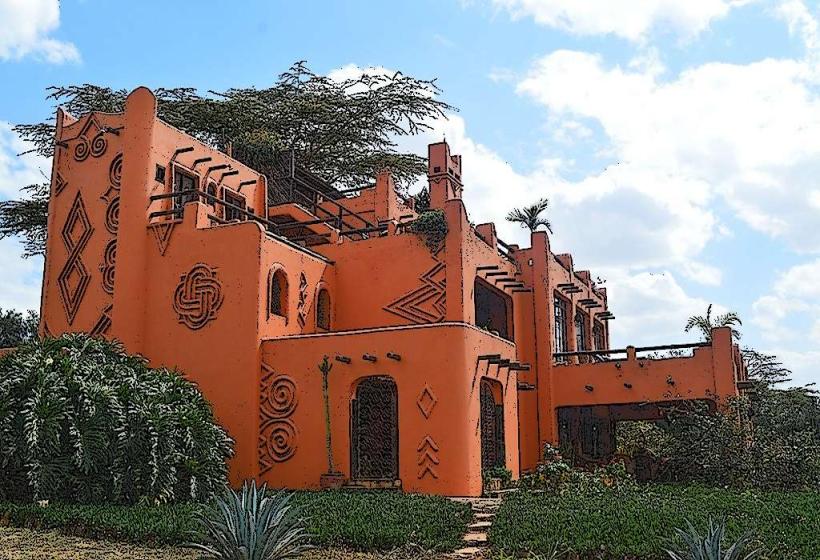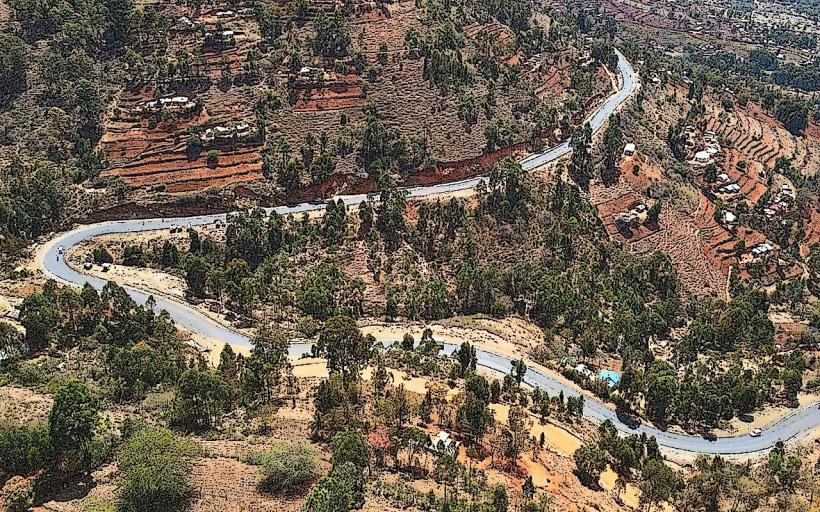Information
Landmark: Mua HillsCity: Machakos
Country: Kenya
Continent: Africa
Mua Hills, Machakos, Kenya, Africa
Mua Hills is a scenic and historically rich region located in Machakos County, Kenya, about 60 kilometers southeast of Nairobi. Known for its rolling landscapes, lush vegetation, and rich cultural heritage, Mua Hills is an excellent destination for those seeking a peaceful and picturesque getaway. The region offers a mix of natural beauty, cultural history, and modern amenities, making it an ideal spot for relaxation and exploration.
Natural Beauty and Geography
Panoramic Views: Mua Hills is characterized by rolling hills and valleys, offering breathtaking views of the surrounding landscapes. The region is known for its cool, temperate climate, which makes it perfect for outdoor activities such as hiking, picnicking, and photography.
Flora and Fauna: The hills are covered with lush vegetation, including indigenous trees, shrubs, and grasslands, providing a serene environment for nature lovers. The area is also home to various bird species, making it an ideal spot for birdwatching.
Near Kituluni Hill: Nearby, Kituluni Hill offers a fascinating optical illusion where objects appear to roll uphill, creating a gravity-defying experience that attracts visitors to the area.
Historical Significance
Mua Hills is also historically significant due to its role during the colonial period in Kenya. In the early 20th century, European settlers became interested in the fertile land of Mua Hills, leading to the establishment of large agricultural estates. This resulted in the displacement of the indigenous Akamba people, as many were moved from their ancestral land to make way for farming activities, particularly for crops such as coffee and fruits.
The area is a reminder of Kenya’s colonial history, where land was often alienated from indigenous communities for the benefit of European settlers. This aspect of Mua Hills' history is a key part of the region's cultural legacy, as it reflects the struggles and resilience of the Akamba people during this period.
Attractions and Activities
Mua Radar Station: Located in the area, the Mua Radar Station is an interesting feature that blends technology with the natural surroundings. Although not directly a tourist attraction, the radar station adds a unique element to the landscape and is part of the region's infrastructure.
Kituluni Hill: As mentioned, Kituluni Hill, located nearby, is famous for its gravity-defying optical illusion. Visitors can witness vehicles rolling uphill and water flowing in the opposite direction due to the terrain's unique layout. This phenomenon has intrigued tourists and locals alike for many years and is a popular stop for those visiting Mua Hills.
Hiking and Nature Walks: The rolling hills and valleys of Mua Hills offer excellent opportunities for hiking and nature walks. The cool climate and natural beauty make it an ideal place for outdoor enthusiasts looking to enjoy the fresh air and explore the region on foot.
Cultural Experiences: Visitors to Mua Hills can engage with the local Akamba community and learn about their traditions, crafts, and way of life. The Akamba people are known for their craftsmanship, especially beadwork, wood carvings, and pottery. It is an opportunity to experience the rich cultural heritage of the region.
Accommodations
Mua Hills offers a variety of accommodation options that cater to different preferences and budgets. Some of the notable places to stay include:
Mua Hills Getaway
Located along Mua Radar Station Road, this establishment provides a peaceful retreat for visitors. It offers modern amenities such as an outdoor pool, garden, kitchenette in rooms, and free private parking.
Room options include deluxe cottages and standard rooms, with a price range starting from approximately $170 per night, depending on the room type and season.
This place is suitable for both short and extended stays and provides a comfortable setting for relaxation.
Mua Hills Farmstay
For those seeking a more rustic experience, Mua Hills Farmstay offers a unique opportunity to stay on a farm and connect with nature. The accommodation includes a private terrace, a kitchenette with a microwave and refrigerator, and free private parking.
The price for a double room with a garden view starts from around $105 per night.
This option is ideal for travelers looking to experience farm life and enjoy the tranquility of the countryside.
Accessibility
Mua Hills is easily accessible by road from Nairobi, with a drive taking approximately 1.5 to 2 hours depending on traffic conditions. Visitors can access the region via the Machakos-Kangundo Road, which leads directly to the area. The nearest major airport is Jomo Kenyatta International Airport (NBO) in Nairobi, approximately 65 kilometers away, making it convenient for both local and international travelers.
Future Development
With its growing popularity as a tourist destination, Mua Hills is expected to see further development in terms of tourism infrastructure. The Machakos County government has plans to improve the region's amenities, including the establishment of rest areas, restaurants, and other facilities, to make it more accessible and enjoyable for visitors.
Conclusion
Mua Hills is an exceptional destination offering a mix of natural beauty, cultural history, and outdoor adventure. Whether you're interested in exploring its scenic landscapes, learning about its historical significance, or simply enjoying a peaceful getaway, Mua Hills provides a unique experience for all types of travelers. Its proximity to Nairobi and the variety of accommodations and activities make it a perfect place for a weekend escape or a longer retreat into nature.

